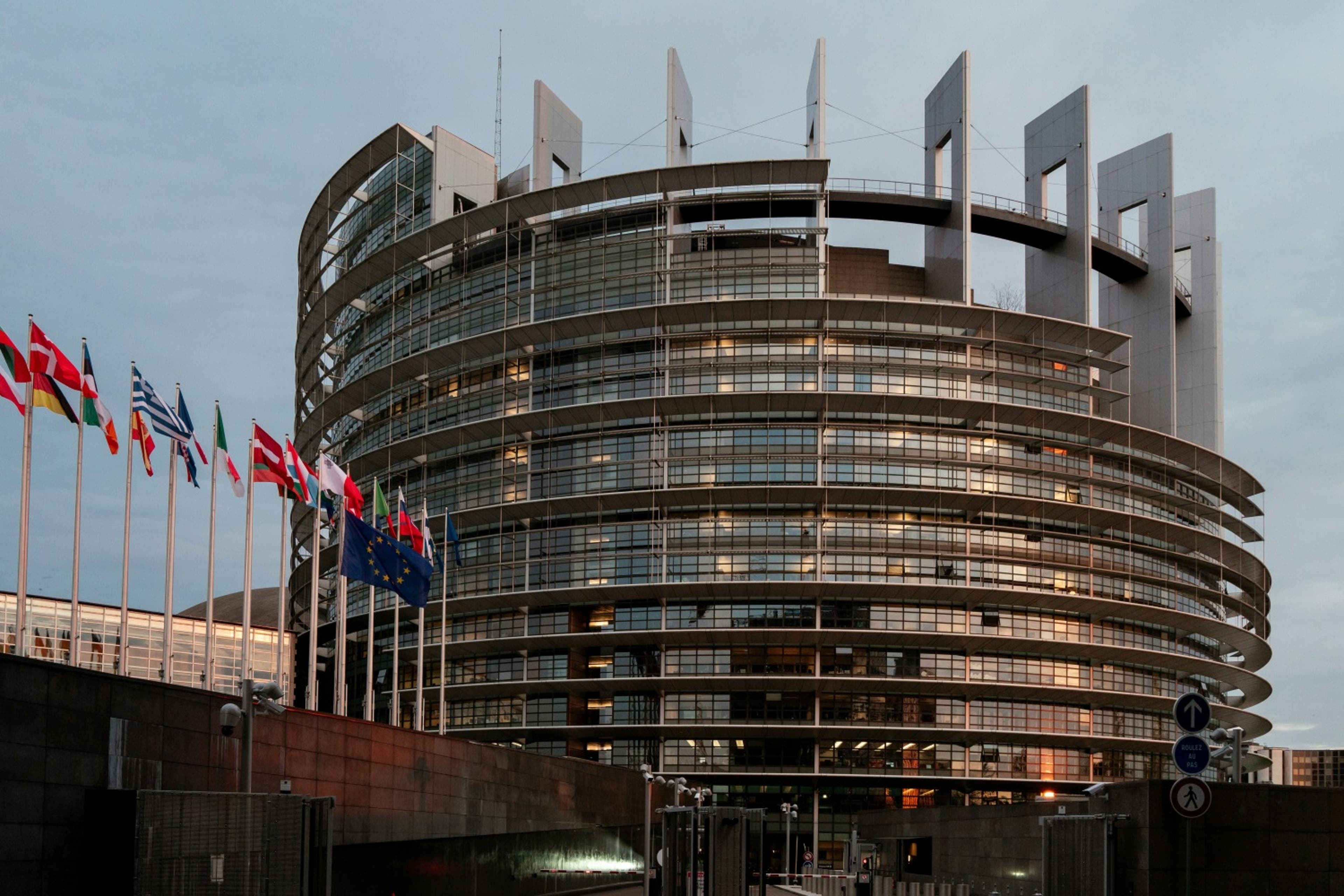Editor's note: The IAPP is policy neutral. We publish contributed opinion and analysis pieces to enable our members to hear a broad spectrum of views in our domains.
These are trying times for European Commission President Ursula von der Leyen. Her State of the Union address in Strasbourg this week illustrates the sheer magnitude of challenges at hand for Brussels in an ever-polarized global context.
For professionals focused on digital responsibility, there were no surprises in the address but a few take-aways worth keeping in mind as initiatives come to life.
Sovereignty
Von der Leyen stressed that Europe will remain sovereign when it comes to setting its own rules. "We set our own standards. We set our own regulations. Europe will always decide for itself," she said in a thinly veiled counter punch to trans-Atlantic critics.
On the same day, a group of 39 European industry leaders and associations signed the European AI & Tech Declaration as a commitment to invest in Europe's tech sovereignty. The declaration leans into the notions of trusted technology. This could lead to data transfer restrictions or localization requirements and cybersecurity certification for cloud service providers. It may also result in public procurement that would favor domestic players and changes to local rules in areas like bankruptcy and access to financing.
Many of these changes are digging at some level of division among member states — for example, what should be the nature and extent of sovereignty requirements. Others are deeply rooted in national laws. It remains to be seen how much support will be given to these initiatives, but there is no doubt Brussels will want to flex its muscles.
When it comes to artificial intelligence, von der Leyen reaffirmed priorities across key building blocks in the EU AI strategy. These range from the upcoming Cloud and AI Development Act to the Quantum Sandbox and announcing "massive" investment in European AI gigafactories. The Cloud and AI Development Act is still in gestation, so little has officially transpired on what it could entail. However, the act is likely to include sovereignty and data localization elements, as in the Data Union Strategy expected by the end of the year.
Von der Leyen also recalled her simplification efforts. Though the level of ambitions that simplification bills would propose are still unclear, the Commission faces mounting pressure from industry that it has not acted enough on Mario Draghi's recommendations to increase EU competitiveness.
The EU General Data Protection Regulation proposal in May was focused on narrowing the scope for record keeping obligations. The upcoming digital omnibus bill might also be limited to streamlining incident notification reporting obligations across EU digital laws — not an insignificant angle in addressing compliance complexity but not the only one either, by any means.
A specific reference was also made to children's online safety. The Commission will seek experts' advice by the end of the year on the best approach for Europe, considering Australia's approach to social media restriction as a possible way forward.
Global trade
Lastly, the changing geopolitical landscape creates two imperatives for Europe's independence in von der Leyen's view. She noted that 80% of EU trade is with third countries other than the U.S., creating a need to double down on diversification and partnerships with other countries. She also sees a role for the EU to lead a reform of the global trading system with like-minded countries.
Von der Leyen's State of the Union address was promptly followed by two motions of no confidence to be put to a vote. They are unlikely to gather a majority, but their actions underscore that von der Leyen's Commission does not have overwhelming support across the European Parliament or member states. This situation will make consensus building on upcoming legislative and policy actions challenging.
Isabelle Roccia, CIPPE, is the managing director, Europe, for the IAPP.
This article originally appeared in the Europe Data Protection Digest, a free weekly IAPP newsletter. Subscriptions to this and other IAPP newsletters can be found here.

